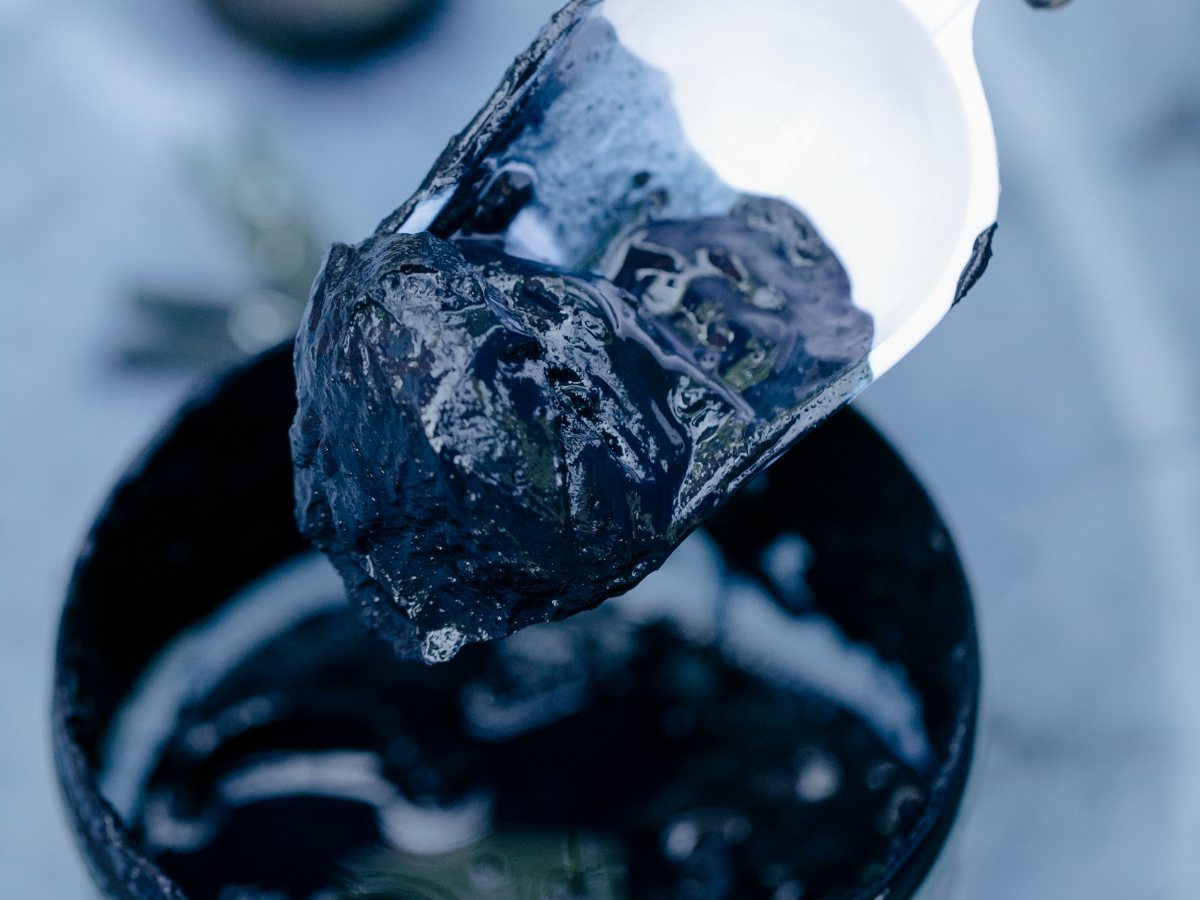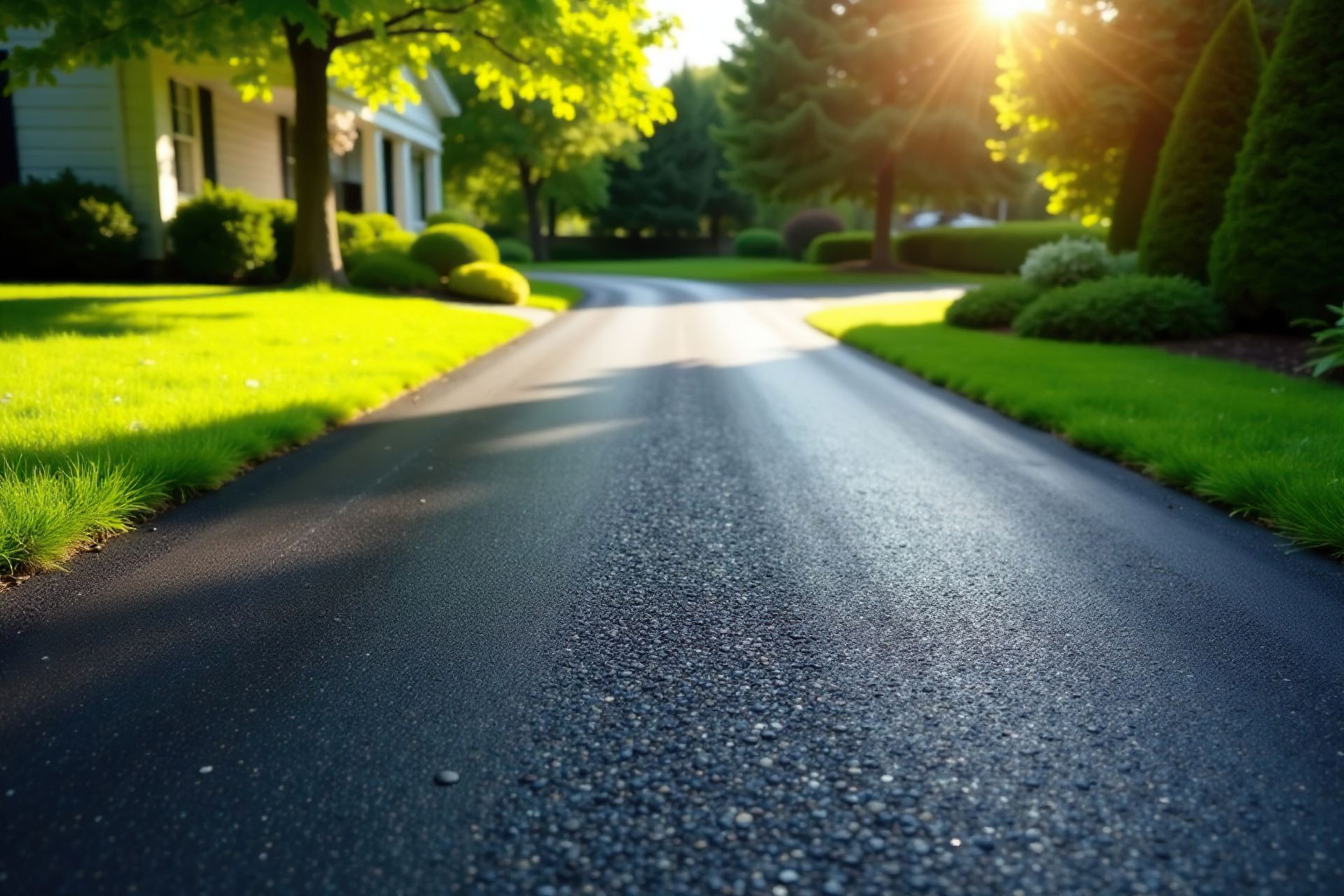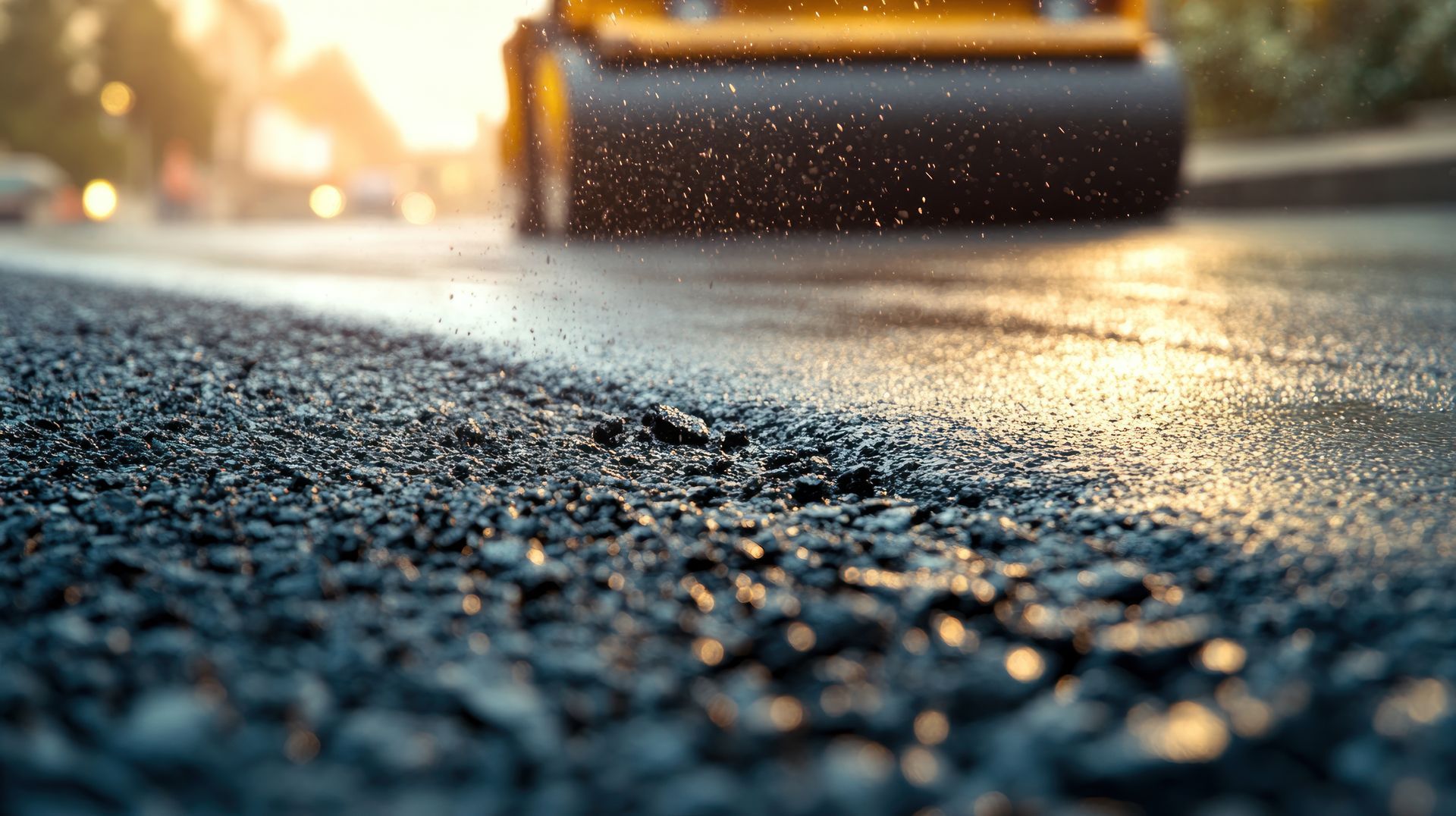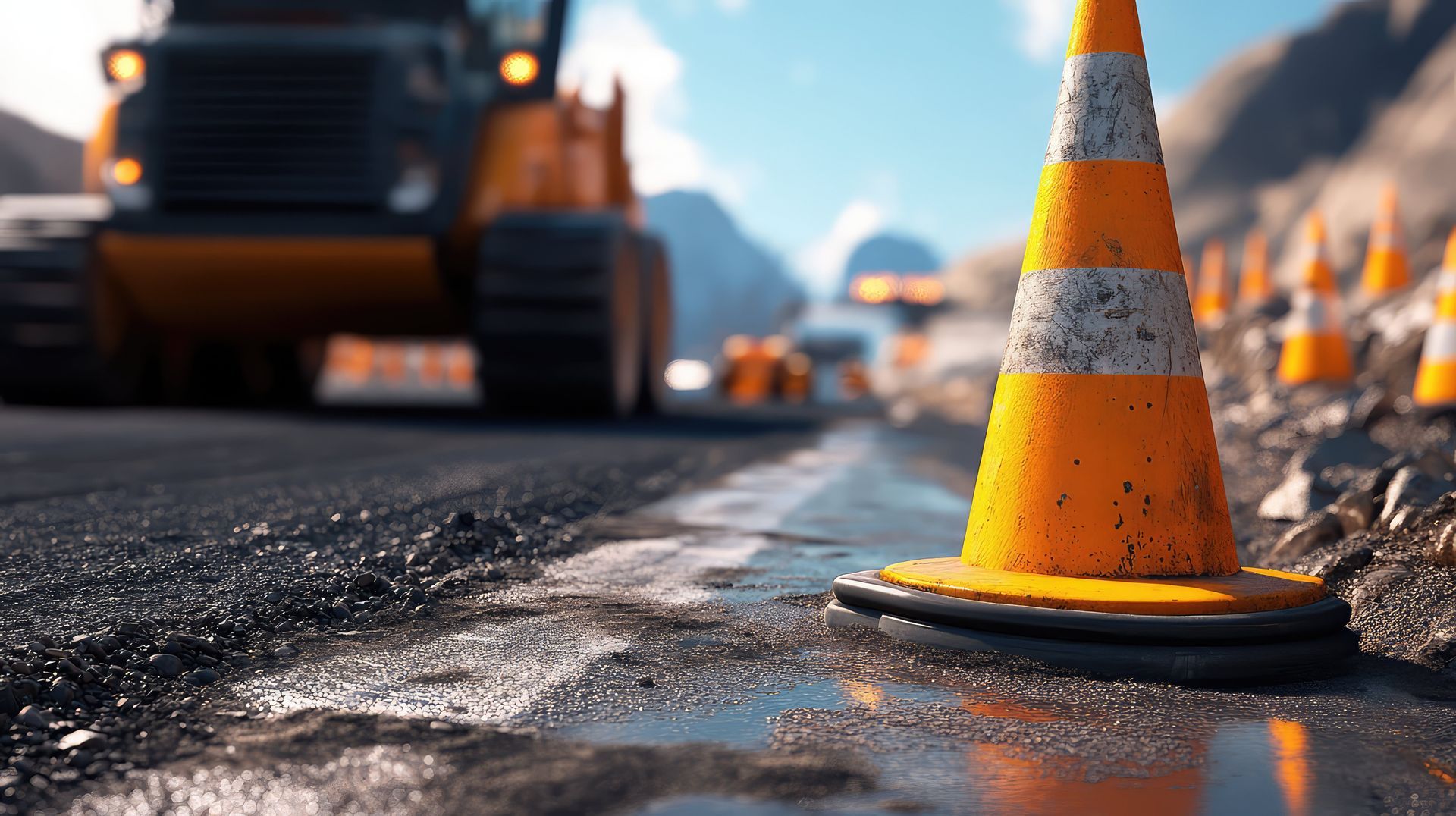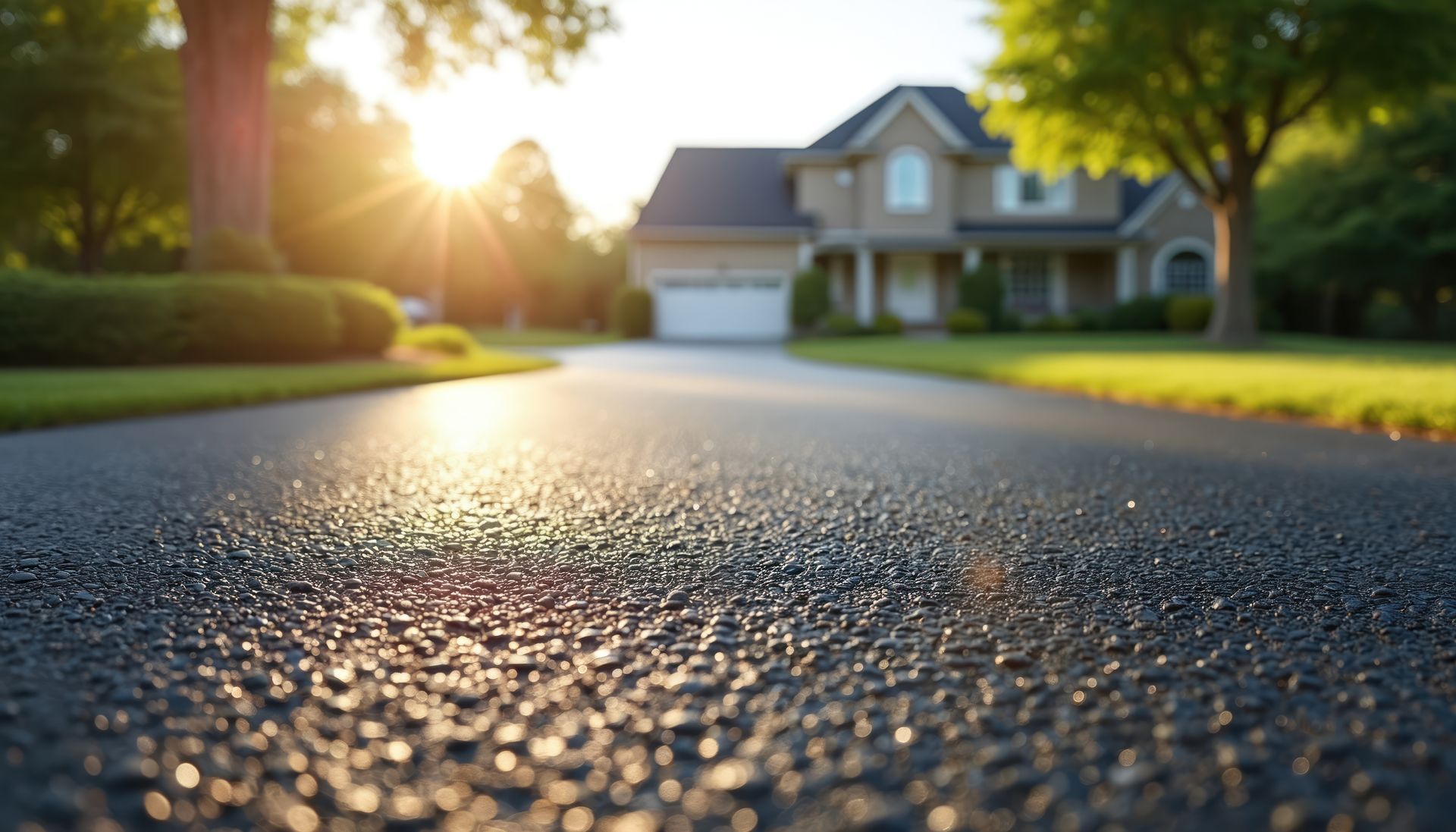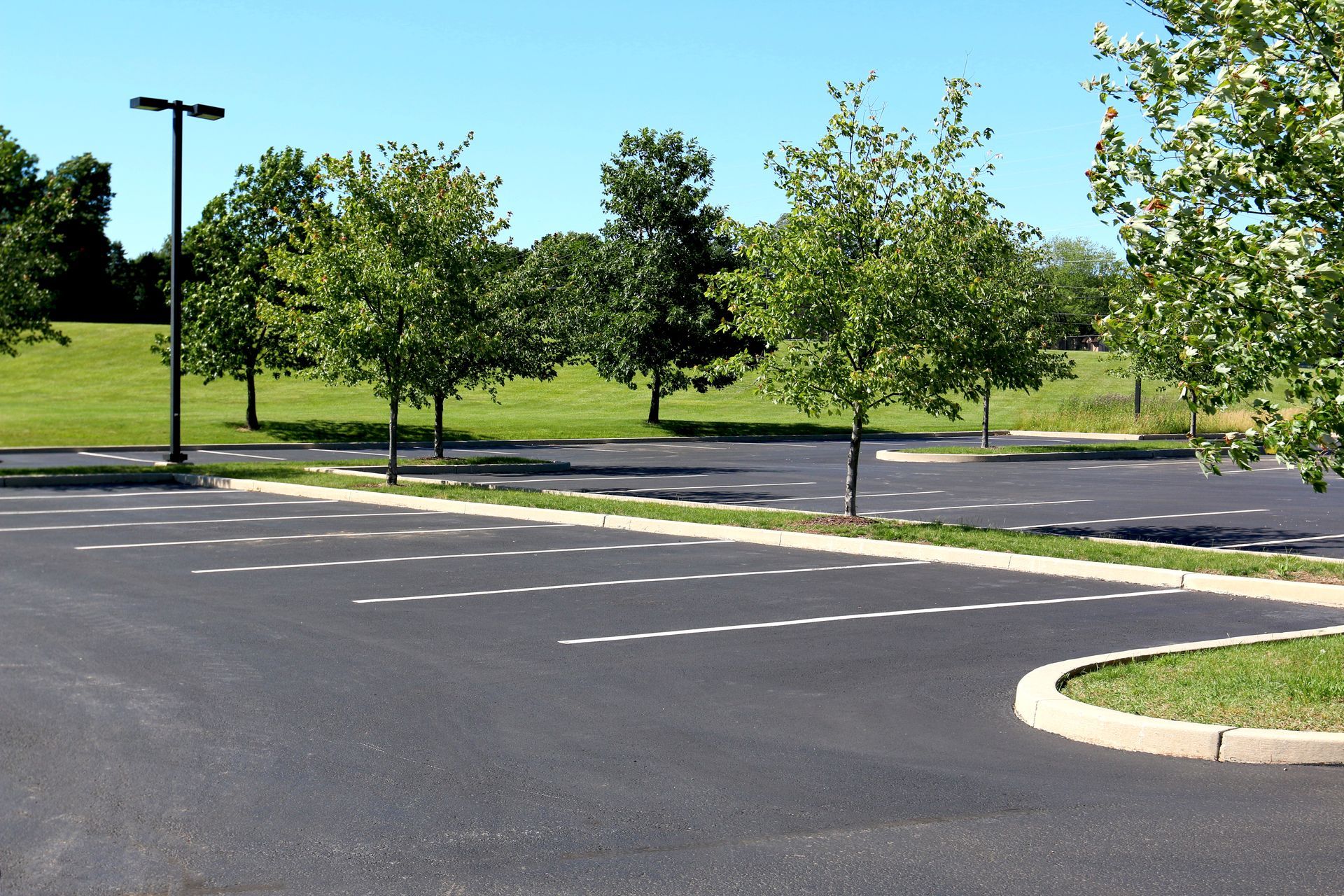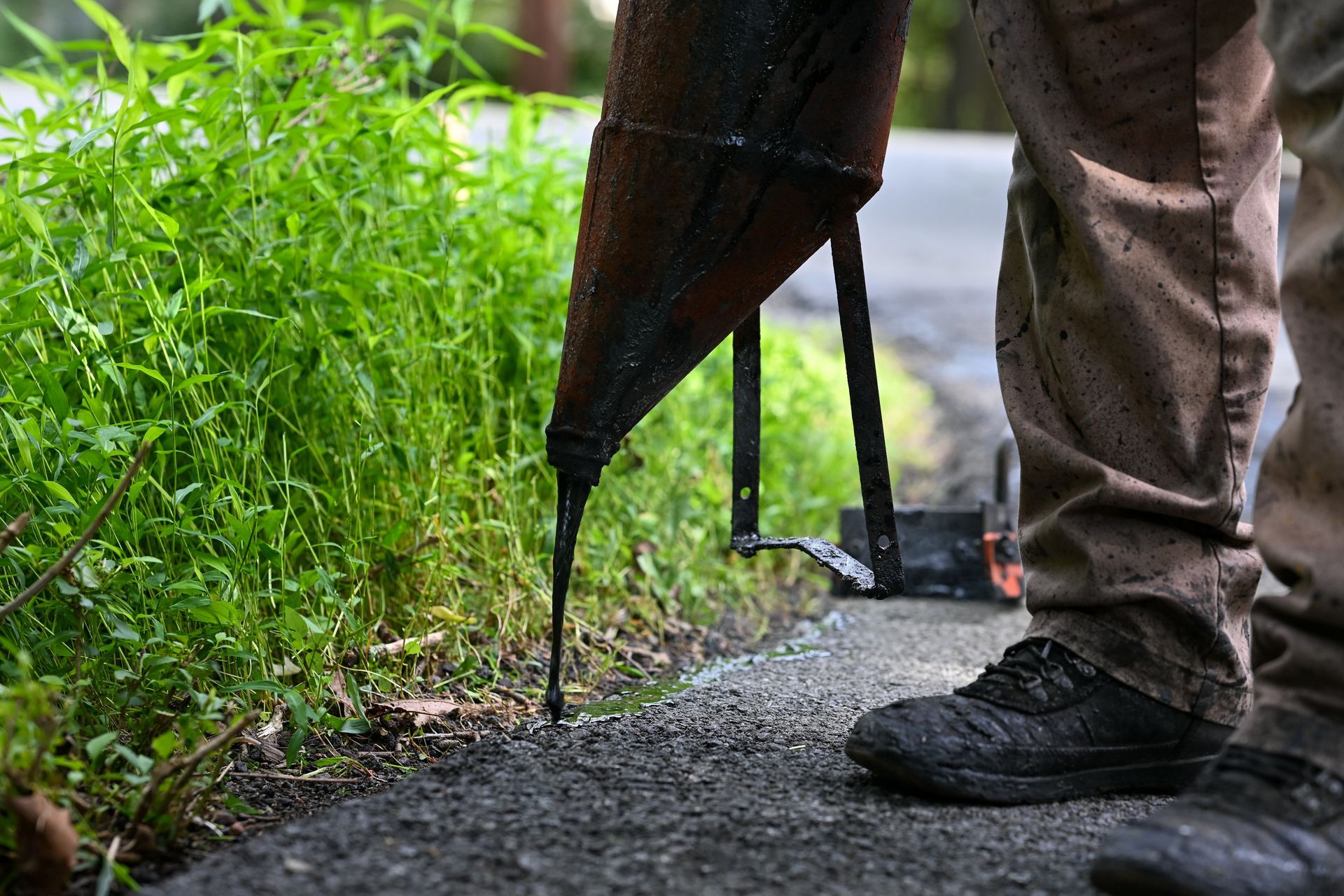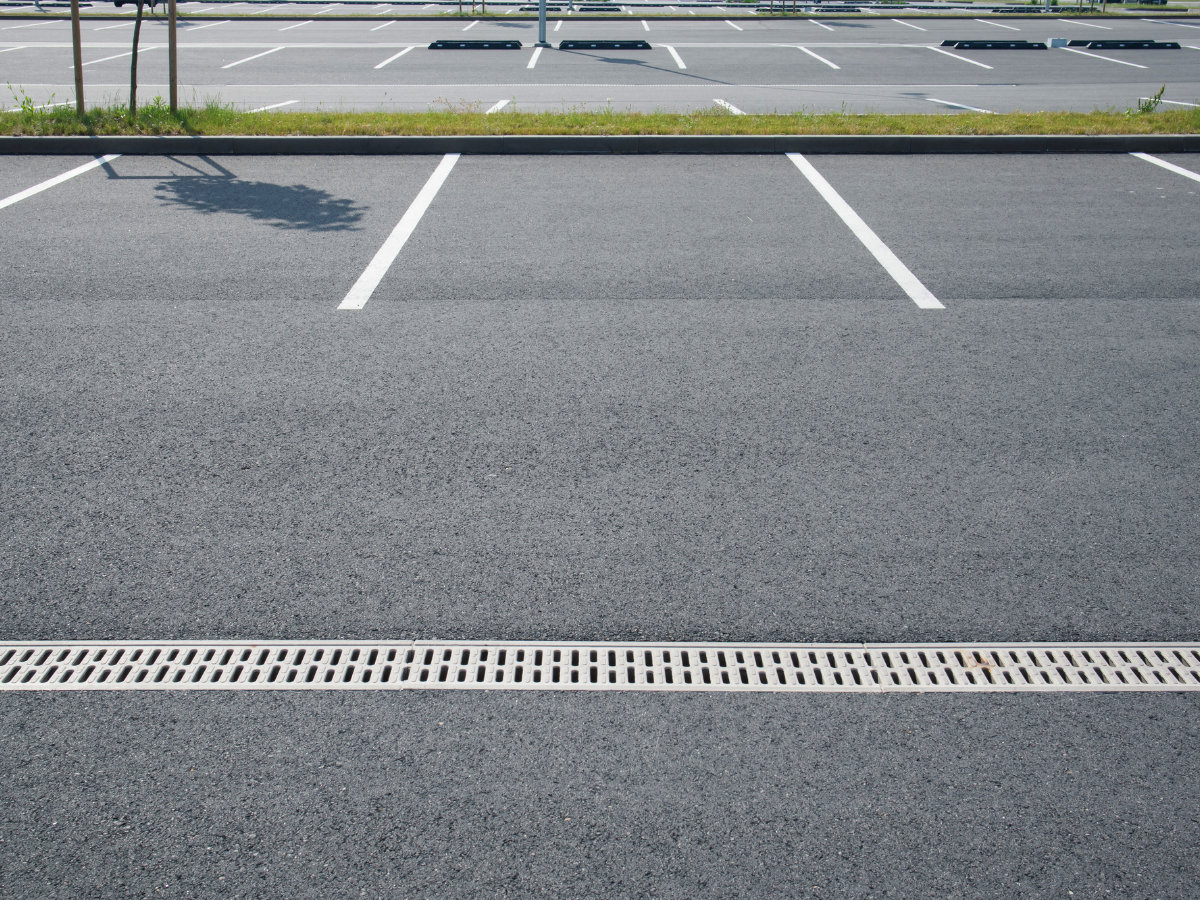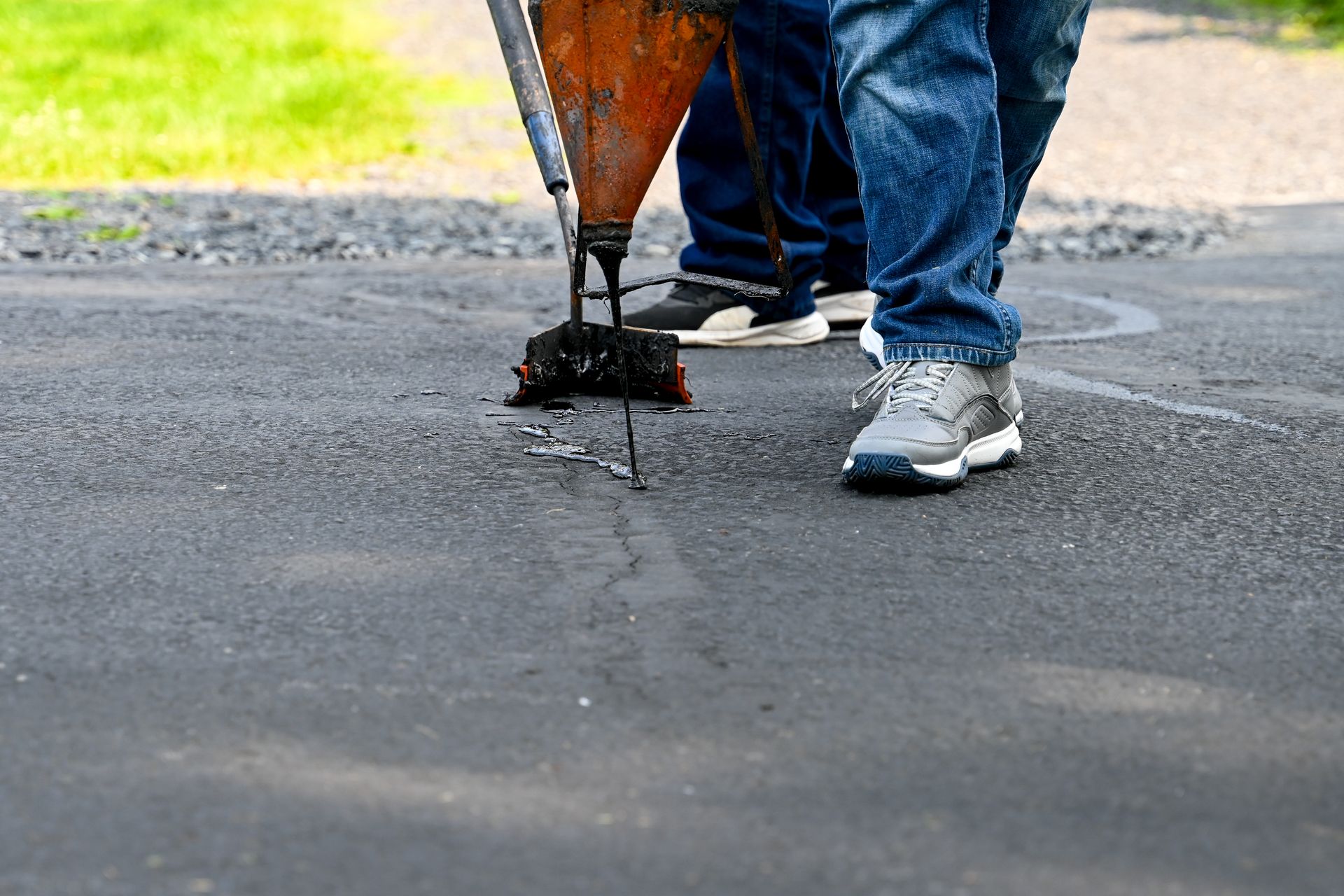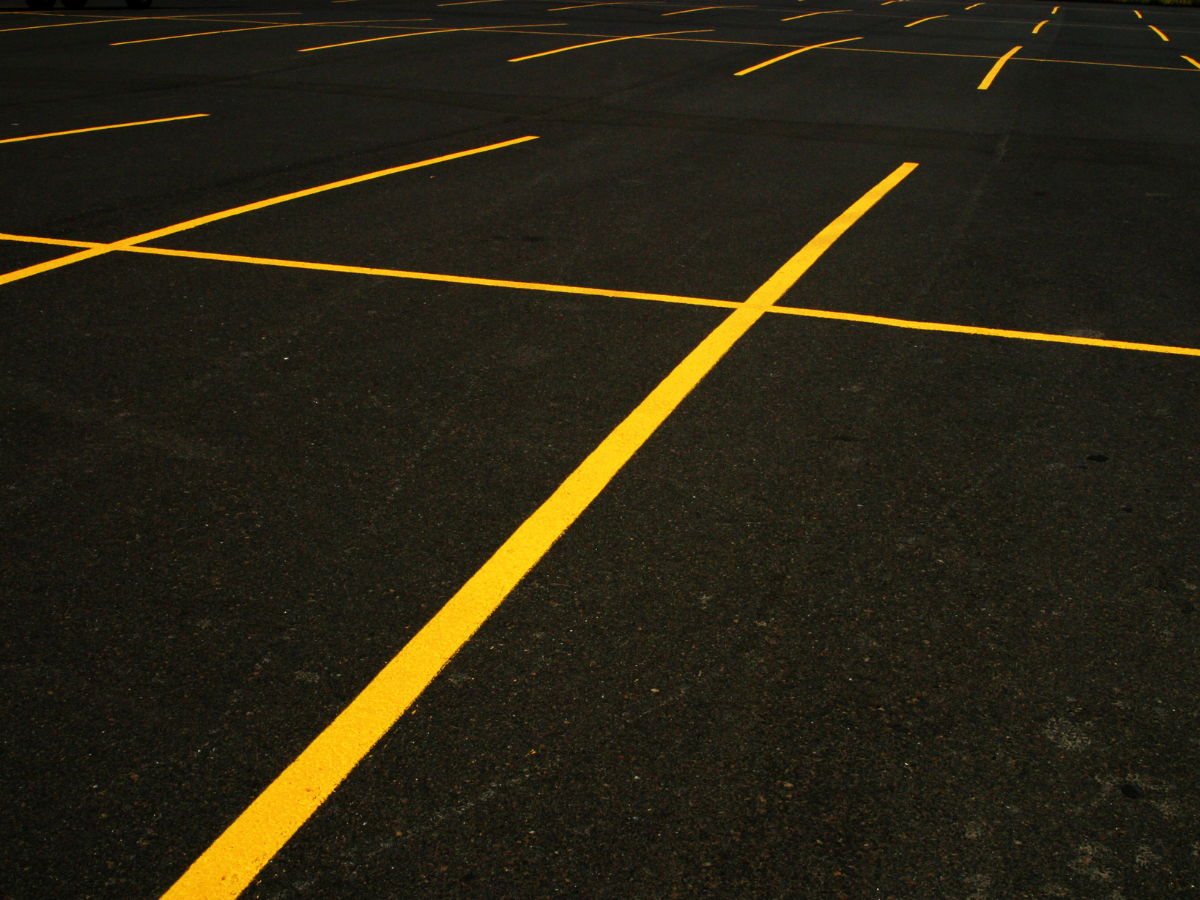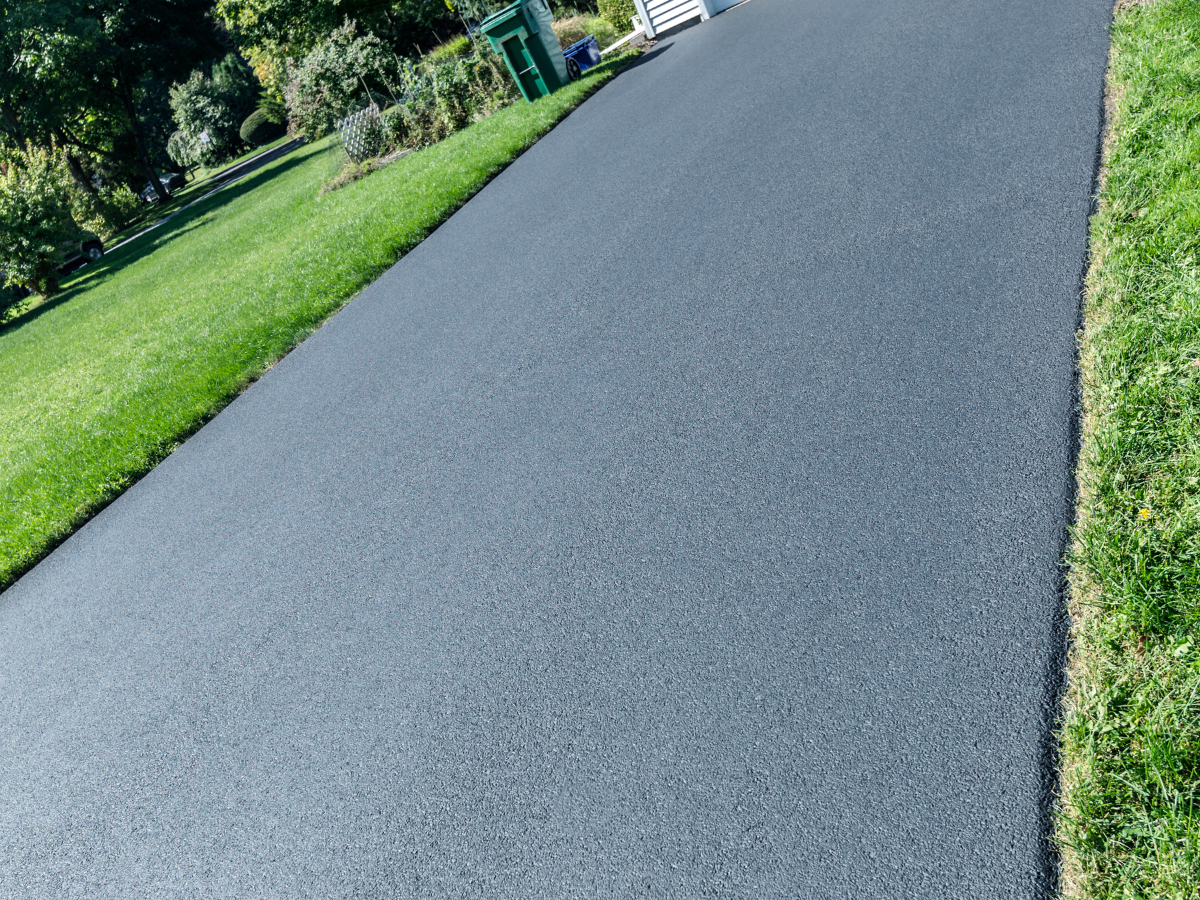What’s the Difference Between Coal Tar and Asphalt Emulsion Sealers?
When it comes to sealcoating your asphalt surfaces, there are two main types of sealers you may encounter: coal tar and asphalt emulsion. Both options are designed to protect your asphalt driveway, parking lot, or road, but they differ significantly in terms of composition, application, durability, and environmental impact. Understanding these differences is crucial when deciding which sealcoating option is best for your needs. In this blog, we’ll dive into the key differences between coal tar and asphalt emulsion sealers, helping you make an informed decision for your next sealcoating project.
1. What is Coal Tar Sealer?
Coal tar sealer is a popular choice for sealcoating due to its durability and protective qualities. It is made from a byproduct of coal processing, which gives it its dark color and strong resistance to wear and tear.
- Durability: Coal tar sealers are known for their superior protection against oil, gas, and other chemicals. They create a thick, impermeable layer that helps to protect asphalt from the elements and daily traffic wear.
- Protection: Coal tar offers excellent protection against UV rays, water penetration, and oxidation. This makes it an ideal choice for high-traffic areas like parking lots and roads.
- Application: Applying coal tar sealers requires specific environmental conditions. It’s often more difficult to apply in hot weather because the sealer can dry too quickly.
While coal tar sealers provide long-lasting protection, they are not the most environmentally friendly option due to their petroleum-based composition.
2. What is Asphalt Emulsion Sealer?
On the other hand, asphalt emulsion sealers are made by blending asphalt with water and emulsifiers, creating a less harmful alternative to coal tar. Asphalt emulsion is a water-based product that is often considered safer and more environmentally friendly.
- Eco-Friendly: One of the primary advantages of asphalt emulsion sealers is their environmental friendliness. Unlike coal tar, asphalt emulsion doesn’t release harmful fumes or toxins during application, making it a safer option for both the applicator and the environment.
- Protection: Asphalt emulsion sealers offer strong protection against water, sun, and wear, but they may not be as resistant to chemicals like gasoline or oil as coal tar.
- Application: Asphalt emulsion is easier to apply, and it can be used in a broader range of temperatures compared to coal tar. This flexibility makes it a great choice for residential driveways and lighter traffic areas.
While asphalt emulsion sealers are less durable than coal tar, they are a popular choice for residential sealcoating projects due to their lower environmental impact and ease of use.
3. Key Differences Between Coal Tar and Asphalt Emulsion
While both coal tar and asphalt emulsion sealers serve the same basic purpose of protecting asphalt surfaces, there are some key differences to consider when choosing the right sealer for your project.
- Durability: Coal tar sealers are more durable and offer stronger resistance to chemicals, oils, and UV rays. They are better suited for high-traffic areas or commercial applications, while asphalt emulsion sealers are better for residential or light-use areas.
- Environmental Impact: Asphalt emulsion is the more eco-friendly choice. It is water-based and contains fewer harmful chemicals, making it safer for both people and the environment. Coal tar, in contrast, has a higher level of VOCs (volatile organic compounds), which can contribute to air pollution and environmental harm.
- Cost: Generally, asphalt emulsion sealers tend to be less expensive than coal tar sealers. However, the long-term durability of coal tar may make it a better investment in areas with heavy traffic.
- Application Ease: Asphalt emulsion is easier to apply, especially in warmer weather, as it doesn’t dry as quickly as coal tar. Coal tar sealers, while more durable, require more careful application to avoid quick drying or inconsistent coverage.
4. Which Sealer Is Right for You?
The right choice between coal tar and asphalt emulsion depends on your specific needs, budget, and environmental concerns.
- For High-Traffic Commercial Areas: If you are looking for a durable sealer that will protect your asphalt in high-traffic areas like parking lots, coal tar may be the better choice. Its resistance to chemicals and oils makes it ideal for commercial properties.
- For Residential or Low-Traffic Areas: If you are sealcoating a driveway or a low-traffic area and are looking for an environmentally friendly option, asphalt emulsion is a great choice. It’s easy to apply and provides sufficient protection against the elements.
- Environmental Considerations: For homeowners or businesses looking to reduce their environmental impact, asphalt emulsion sealers offer a safer, more eco-friendly solution. However, if long-term durability is your top priority, coal tar may be the best choice.
5. Why You Should Trust NextGen Great Sealcoating
At NextGen Great Sealcoating, we are committed to providing high-quality sealcoating services to both residential and commercial clients. Whether you choose coal tar or asphalt emulsion, we will ensure that the sealer is applied correctly for maximum durability and protection. Our team uses only the best materials and equipment to provide long-lasting protection for your asphalt surfaces.
Contact us today to learn more about which sealer is right for you and get a free estimate for your sealcoating project.

